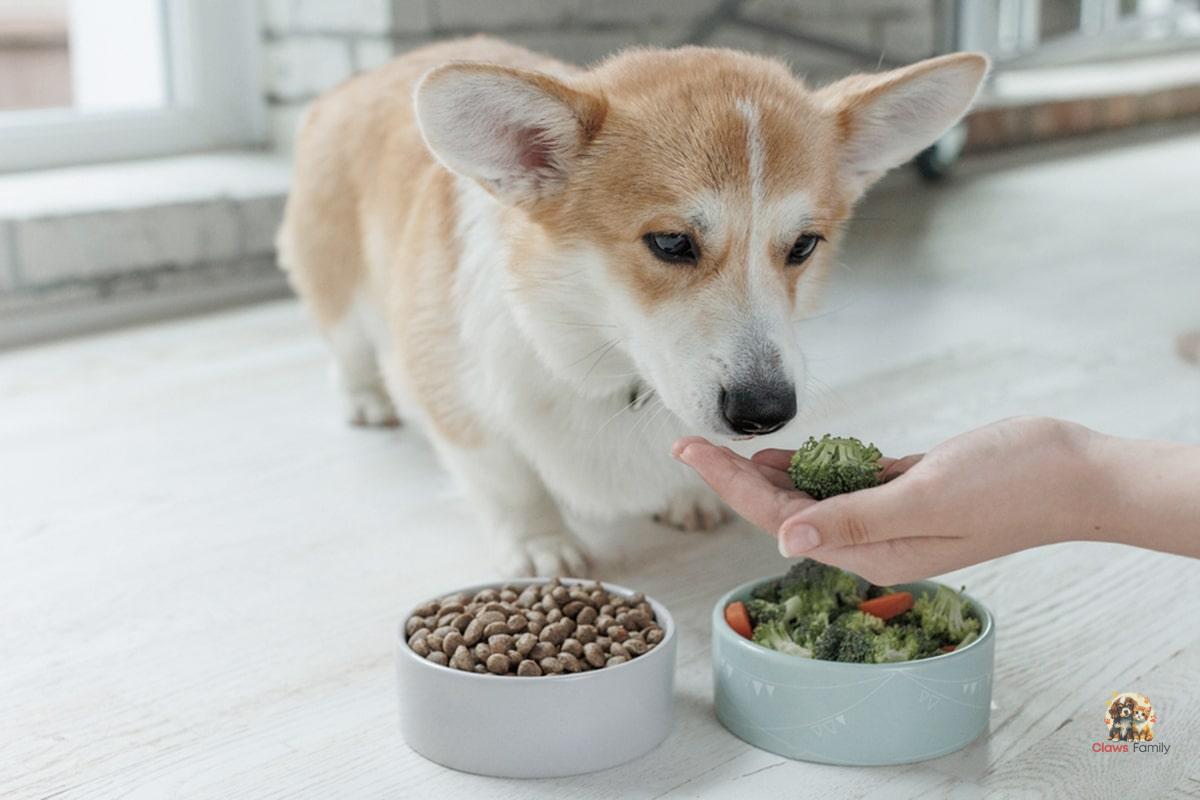Our dog's well-being is always a top priority, and quickly understanding the presence of allergies and food intolerances is critical to ensuring Fido lives a healthy and happy life. However, it is not always simple to determine if certain symptoms indicate that our furry friend is allergic or intolerant to some food.
Difference between food allergy and intolerance
Before listing the most common symptoms and understanding the most effective treatments, it is essential to know the difference between allergies and food intolerances. An allergy involves an immune response to harmful substances, while intolerance occurs when the body is unable to digest certain foods. Therefore, we must manage the two conditions differently.
Why do dogs develop food allergies or intolerances?
We still don't fully understand the precise causes of food allergies and intolerances in pets. Our dog food's increased chemical content may be one reason. For allergies, however, the genetic-hereditary factor plays a crucial role, and in general, these dysfunctions can affect dogs of all breeds, although some, such as German Shepherds, Dalmatians, and Labrador Golden Retrievers, seem to be more predisposed.
Additionally, prevention starts with puppies, as allergies and intolerances can affect our furry friend's growth process. In this regard, the veterinarian remains the most valuable resource in terms of animal health, so anyone with doubts about the matter should promptly consult the professional.
Most common food allergies and intolerances
There are various food substances that can cause allergies and intolerances in dogs:
- Wheat
- Dairy and lactose products
- Soy
- Gluten
- Corn
- Certain meats (chicken, beef, veal)
- Fish
- Artificial colorings/food additives
What are the most common symptoms of food allergies and intolerances?
Warning signs can vary greatly and are not always straightforward to associate with a specific allergy or intolerance. The most common are:
- Skin infections, itching, and erythema
- Hair loss and alopecia
- Gastrointestinal issues, including vomiting, diarrhea, flatulence, and bloating, particularly in cases of intolerance, are a common concern.
- Asthma, cough, and rhinitis, particularly when allergies are present, are examples of respiratory issues.
- Otitis
- Behavioral changes (depression, lethargy)
Recognizing the symptoms is critical to understanding the root cause, intervening promptly, and making our dog feel better again.
Are there treatments and remedies for these conditions?
Once we identify the cause, we must eliminate the problematic food or substance from the dog's diet, which will require detoxification. First of all, however, we consult the veterinarian, who will conduct specific exams and food tests to confirm the diagnosis and suggest the appropriate course of action: an elimination diet, the possible consumption of hydrolyzed proteins, and the use—if necessary—of soothing shampoos and conditioners in case of dermatitis or skin rashes.
Lastly, owners often keep a detailed food diary during a testing period of several weeks to monitor their pet's reaction to specific foods.
More: Dog Health


